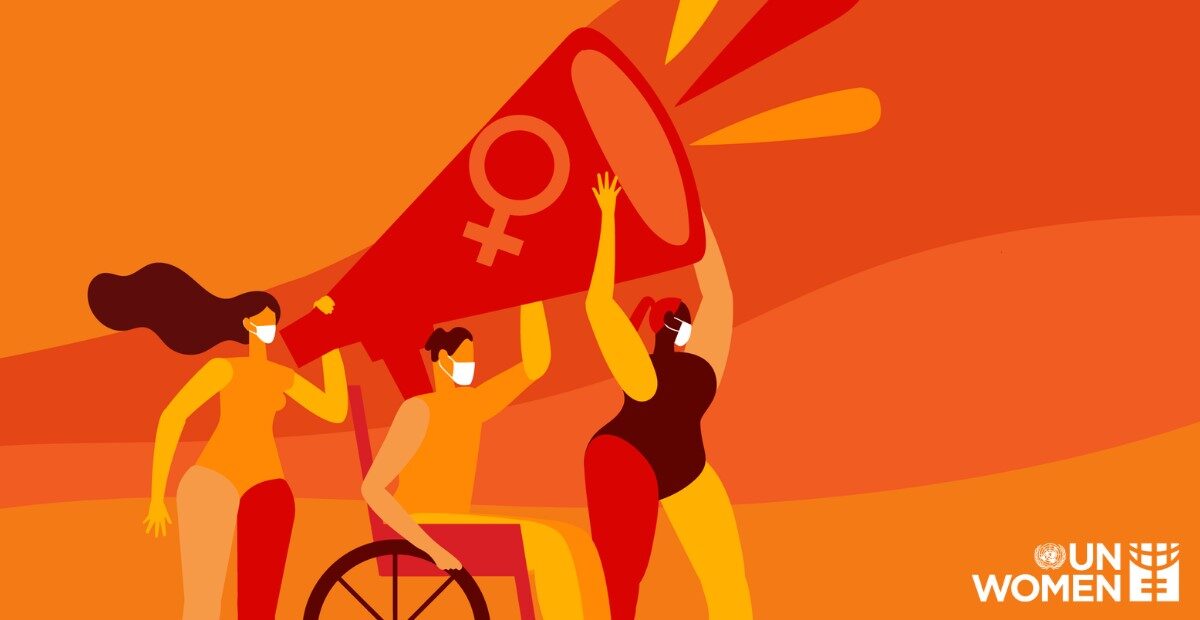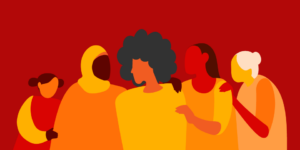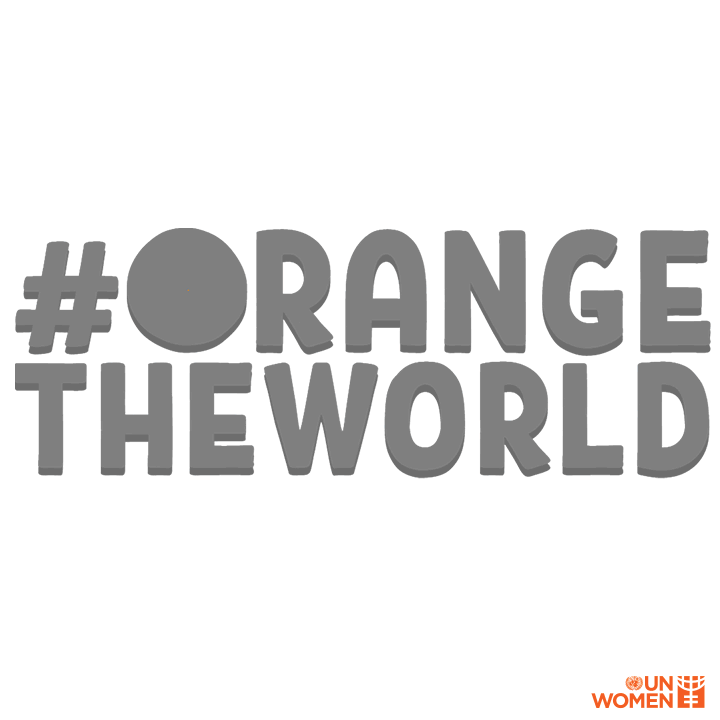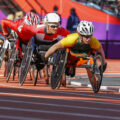
Workshop
Creating a network: Eleonora’s commitment to help end violence against women

25th November is the International Day for the Elimination of violence against women. According to the latest estimates, almost 1 in 3 women aged 15 or over worldwide have experienced physical or sexual violence at least once in their lifetime. The situation has been further aggravated by the repeated lockdowns brought on by the pandemic. But, according to UN estimates, numbers would rise if sexual harassment, violence in digital contexts, harmful practices and sexual exploitation were to be included. The UN has launched a 16-day campaign for activism and awareness-raising on the topic, which will run from 25th November to 10th December, International Human Rights Day. Today, we share the story of Eleonora’s commitment. She is a lawyer from Milan, and, over the last few years, she has devoted herself almost exclusively to providing legal support to women victims of violence.

“Is it ok if we talk while I’m on the bus?” – Eleonora asks me – “I got an urgent call from the prison!”. And so our phone call continues with the hubbub of passengers and traffic in the background, as she makes her way to her client. Eleonora is a lawyer, she lives in Milan (Italy), is married and has two kids. She tells me about her decision to become self-employed and open her own office, in agreement with her husband, when she was pregnant with her first child. “Having always worked in an intercultural context, I became aware of the challenges faced by immigrants in Italy, so, while I was still pregnant, I decided to enrol in a Master’s course on the rights of non-citizens promoted by the Milan Bar Association”.
After the course, she got in touch with the Associazione Arcobaleno, which works for the inclusion of migrants in the city of Milan. “I was able to practise what I had studied” – she explains – “from residence permit applications to communal disputes and family law. I got a criminal lawyer colleague on board too. Then, last year, during lockdown, the issue of domestic violence emerged…”. From her privileged standpoint, Eleonora observes that the pandemic has caused the phenomenon to explode: she and her colleague, for instance, went from working on 4 or 5 domestic violence-related cases at a time to 10 in less than a month. They currently have fifteen active cases.
“Forced to stay at home together all the time, people lost their inhibitions and found it harder to control themselves, even in front of children”, she explains. As they came into contact with this scourge, Eleonora and her colleague realised that a “network” approach was needed, so that women victims of violence would not be left alone after reporting the abuse. “We began by providing private psychological support to children who had witnessed scenes of brutal violence, to help them overcome the trauma. When we extended it to women, we immediately noticed a considerable shift: little by little they become aware of what they have experienced, they are able to express it even in front of a judge, without minimising, they find a key to free themselves of guilt, they begin to rebuild their lives”. They do not only provide psychological support, they also involve social services so that victim protection measures and support interventions can be activated. “That is how we’re building a network that allows women to start over.” – Eleonora explains, adding – “From this experience, the association ‘TutelaMi’[1] will come into being in the next few days, involving volunteers and professionals dedicated to accompanying women along the path of emancipation from violence”.

Facts and figures
According to UN data, on average 1 in 3 women worldwide have experienced abuse in their lifetime. In times of crisis, numbers increase, as the COVID-19 pandemic, the recent humanitarian crises, conflicts and climate disasters have shown.
A new UN Women report, based on data collected in 13 countries after the pandemic, shows that 2 in 3 women have reported that they, or a woman they know, have been subjected to some form of violence and are more likely to face food insecurity.
Only 1 in 10 women said they would appeal to the police for help.
Fewer than 40 per cent of women who experience violence seek help of any kind.
Calls to helplines have increased five-fold in some countries as rates of reported intimate partner violence increase because of the COVID-19 pandemic.
[…] To read more, visit the UN Women website.
Violence against women continues to be an obstacle to achieving equality, development, peace and fulfilment of women and girls’ human rights.
The promise of the Sustainable Development Goals (SDGs) – to leave no one behind – cannot be fulfilled without putting an end to violence against women and girls.

[1] Play on the words “tutelami” (protect me) and Mi, an abbreviation for Milan [Translator’s note].






